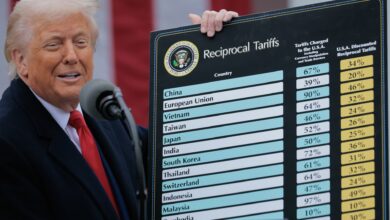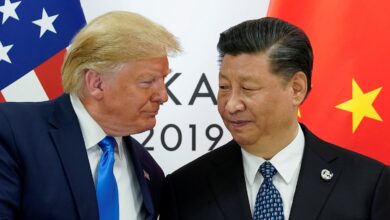Vietnam Real Estate Magnate Receives Death Penalty for Fraud

In a landmark legal proceeding, a Vietnamese court has handed down a death sentence to a prominent property tycoon, finding him guilty of fraud and embezzlement in a high-profile case that has captivated the nation. This drastic judgment underscores the Vietnamese government’s stern stance on corruption and financial crimes, particularly within the booming real estate sector.
The convicted individual, once a towering figure in Vietnam’s property development industry, was accused of orchestrating a complex scheme that siphoned off millions of dollars from investors, severely impacting the financial stability of numerous stakeholders and undermining public trust in the real estate market.
Prosecutors detailed how the tycoon and his associates manipulated the market through a series of elaborate frauds, including the sale of non-existent properties and the use of company funds for personal gain. The court’s proceedings revealed a web of deceit that not only enriched the accused at the expense of investors but also posed a significant threat to the country’s financial system.
The sentencing has sparked a wide range of reactions, with some observers viewing it as a necessary measure to deter future white-collar crimes, while others have raised concerns about the severity of the punishment. Human rights organizations, in particular, have criticized the use of the death penalty, advocating for more humane forms of punishment.
This case is part of a broader crackdown on corruption in Vietnam, as the government seeks to clean up industries plagued by graft and illegal practices. By taking decisive action against high-profile figures like the property tycoon, authorities aim to restore confidence in the market and send a clear message that financial crimes will not be tolerated.
As the dust settles on this dramatic verdict, the focus turns to the broader implications for Vietnam’s real estate industry and its regulatory framework. The case serves as a stark reminder of the risks associated with unchecked power and greed in the business world, emphasizing the need for transparency, accountability, and stringent oversight to prevent similar incidents in the future.





